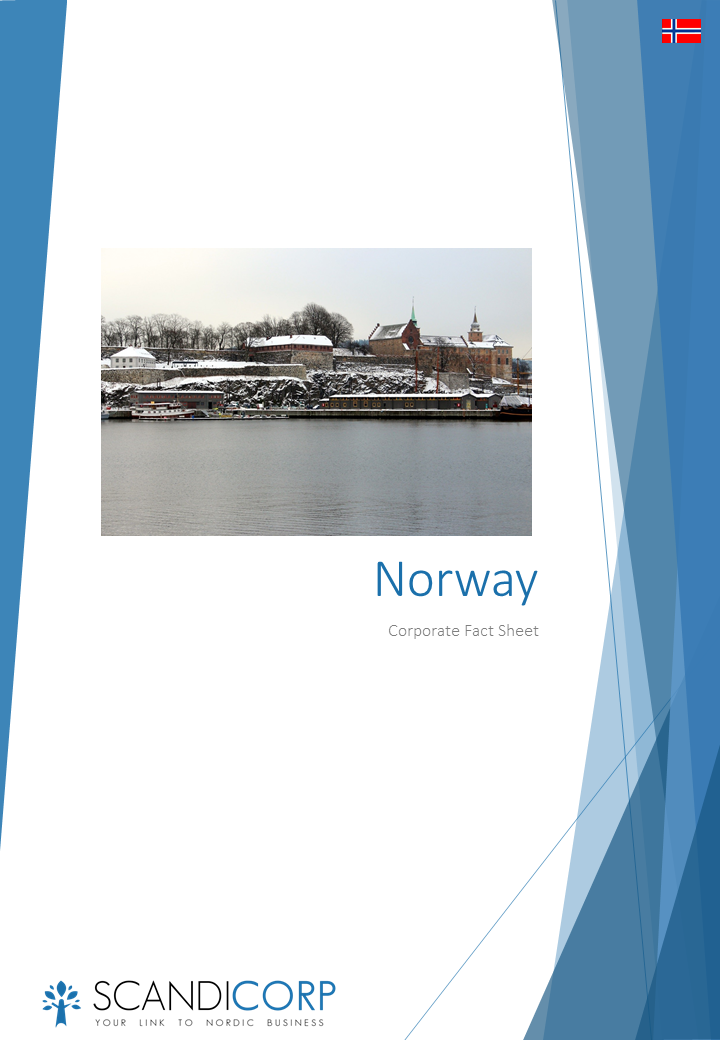Navigating Finland’s Business Licenses and Regulations

Finland is well-regarded as one of the most business-friendly nations in Europe, offering a stable economy, transparent regulatory framework, and an advanced digital infrastructure. However, starting a business in Finland requires a solid understanding of licenses, registrations, and industry-specific regulations to ensure compliance with Finnish laws.
Entrepreneurs who navigate these processes effectively can unlock the full potential of Finland’s thriving business environment.
At Scandicorp, we specialize in helping both local and foreign entrepreneurs seamlessly navigate Finland’s regulatory landscape. This guide provides a detailed breakdown of the key licenses, registrations, and legal requirements for starting and growing a business in Finland.
Overview of Business Licensing in Finland
In Finland, business licenses are an integral part of ensuring compliance with both national and EU-level laws. Depending on the type of business you intend to start, specific licenses and registrations may be required.
Choosing the Right Business Structure
The business structure you choose in Finland will determine the licensing and registration requirements. The most common business forms include:
- Limited Liability Company (Osakeyhtiö – Oy): A popular choice for both small and large businesses.
- Sole Proprietorship: Best suited for individual entrepreneurs.
- General or Limited Partnership: For businesses involving multiple owners.
- Branch of a Foreign Company: For foreign businesses expanding into Finland.
Each structure has unique requirements, and Scandicorp’s expertise ensures that entrepreneurs choose the most appropriate form and obtain the necessary registrations.
Key Licenses Required to Start a Business in Finland
1. Trade Register Registration
All businesses operating in Finland must register with the Finnish Trade Register, maintained by the Finnish Patent and Registration Office (PRH). This is a mandatory step for establishing legal status and includes:
- Business name registration.
- Registration of articles of association (for companies like Osakeyhtiö).
- Obtaining a Business ID.
2. Tax Registration
Entrepreneurs must register with the Finnish Tax Administration (Verohallinto) to comply with taxation requirements, including:
- VAT Registration: Required if annual revenue exceeds €15,000.
- Employer Registration: Necessary for businesses hiring employees to handle payroll taxes and social security contributions.
3. Industry-Specific Licenses
Some industries require specialized licenses or permits. Examples include:
- Healthcare: Regulated by Valvira (National Supervisory Authority for Welfare and Health).
- Financial Services: Supervised by the Financial Supervisory Authority of Finland (FIN-FSA).
- Technology: Businesses handling data must comply with GDPR and cybersecurity regulations.
- Retail and Alcohol Sales: Licenses for alcohol sales and distribution are managed by the Regional State Administrative Agency (AVI).
Scandicorp provides tailored guidance to ensure businesses obtain the necessary licenses and avoid delays in their operations.
How Industry-Specific Regulations Affect New Businesses
1. Technology and Innovation
Technology businesses in Finland must prioritize compliance with GDPR, especially when handling customer data. Intellectual property protections are also critical for software and tech startups.
2. Sustainability and Green Businesses
Entrepreneurs in renewable energy, waste management, or environmental technology must navigate strict environmental regulations. Permits for projects affecting natural resources are issued by local municipalities.
3. Healthcare and Pharmaceuticals
Healthcare companies face stringent licensing requirements to ensure patient safety and high-quality services. Approval from Valvira is mandatory before operations can begin.
Scandicorp helps businesses in these industries identify and meet their regulatory obligations, allowing entrepreneurs to focus on growth rather than compliance challenges.
Challenges for Foreign-Owned Businesses in Finland
Starting a business in Finland as a foreign entrepreneur comes with unique challenges, including:
- Language and Bureaucracy: Many regulatory documents and processes are in Finnish or Swedish, which can be a barrier for non-native speakers.
- Banking and Financial Regulations: Opening a corporate bank account requires compliance with strict Know Your Customer (KYC) protocols.
- Digital Administration: Finland’s e-government systems are highly efficient but require familiarity with the digital tools used for tax filings and business registrations.
Scandicorp’s multilingual team bridges these gaps by providing translation, legal interpretation, and end-to-end support for foreign entrepreneurs.
Role of Government Agencies in Finland’s Business Environment
Several key government agencies play a vital role in the regulatory framework for businesses in Finland:
- Finnish Patent and Registration Office (PRH):
- Oversees business registrations through the Trade Register.
- Provides guidance on intellectual property and company naming.
- Finnish Tax Administration (Verohallinto):
- Manages VAT, income taxes, and employer obligations.
- Offers digital platforms for efficient tax filings.
- Valvira and Regional State Administrative Agencies (AVI):
- Issue licenses for industries like healthcare, alcohol sales, and environmental businesses.
- Local Municipalities:
- Regulate construction permits, zoning approvals, and local business compliance.
Scandicorp liaises with these agencies on behalf of its clients, ensuring smooth and efficient compliance with all requirements.
Industry-Specific Licensing Requirements
1. Finance
Financial institutions, including investment firms and payment service providers, must be licensed by the Financial Supervisory Authority of Finland (FIN-FSA). These licenses ensure compliance with EU financial regulations.
2. Healthcare
Private healthcare providers must obtain approval from Valvira to operate. This includes demonstrating adherence to strict quality and safety standards.
3. Retail and Hospitality
Businesses selling alcohol must secure permits from AVI, while restaurants must pass health and safety inspections.
4. Technology
Tech startups may need to address GDPR compliance and secure intellectual property protections for their products.
Case Study
For example, Scandicorp recently assisted a foreign entrepreneur in the healthcare sector to navigate Valvira’s complex certification process, ensuring compliance within weeks instead of months.
Tips for Entrepreneurs Navigating Finnish Regulations
- Start Early: Begin the licensing and registration process as soon as possible to avoid delays.
- Research Industry Requirements: Identify specific regulations applicable to your sector.
- Seek Expert Guidance: Work with a trusted partner like Scandicorp to ensure smooth navigation of Finland’s regulatory system.
- Leverage Finland’s Digital Systems: Familiarize yourself with Finland’s online business registration and tax filing platforms.
Final words
Understanding Finland’s business licenses and regulations is a critical step for entrepreneurs seeking success in this competitive market. While the regulatory framework may seem complex, Finland’s transparent and efficient systems provide a solid foundation for growth and innovation.
At Scandicorp, we are dedicated to helping entrepreneurs navigate every aspect of Finland’s business environment, from securing the necessary licenses to ensuring ongoing compliance.
Contact us today to learn how we can help you establish and grow your business in Finland.






